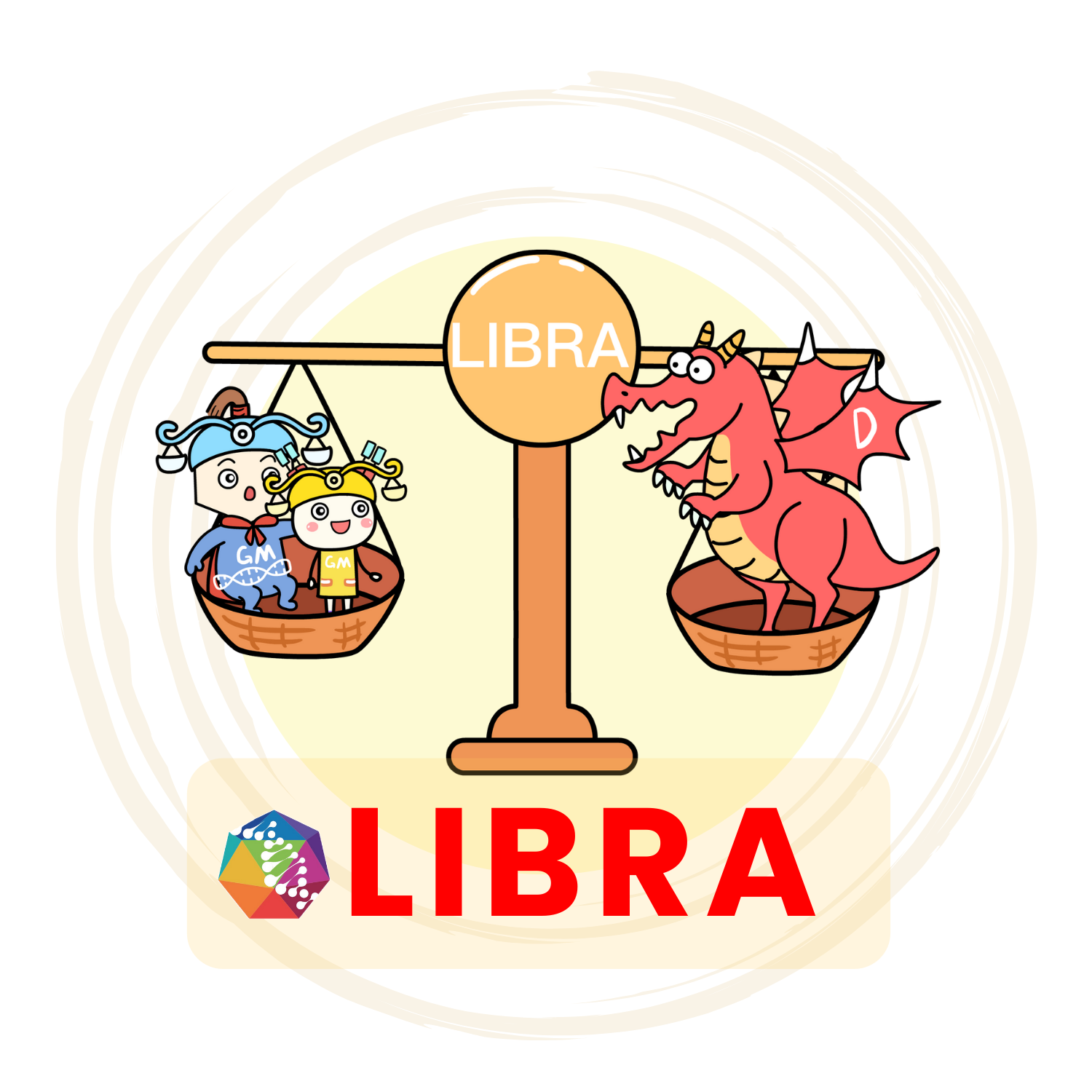Anti-AUHM/ AUH functional antibody
Anti-AUHM/ AUH functional antibody for cell culture, ELISA & in-vivo assay
 Go to AUH/AUH products collection >>
Go to AUH/AUH products collection >>
(antibodies, antigen, VLP, mRNA, ORF viral vector, etc)
Product information
| Catalog No. | Product Name | Species Reactivity |
|---|---|---|
| GM-Tg-hg-SE1534-Ab-1/ GM-Tg-hg-SE1534-Ab-2 | Anti-Human AUH monoclonal antibody | Human |
| GM-Tg-rg-SE1534-Ab-1/ GM-Tg-rg-SE1534-Ab-2 | Anti-Rat AUH monoclonal antibody | Rat |
| GM-Tg-mg-SE1534-Ab-1/ GM-Tg-mg-SE1534-Ab-2 | Anti-Mouse AUH monoclonal antibody | Mouse |
| GM-Tg-cynog-SE1534-Ab-1/ GM-Tg-cynog-SE1534-Ab-2 | Anti-Cynomolgus/ Rhesus macaque AUH monoclonal antibody | Cynomolgus/ Rhesus macaque |
| GM-Tg-felg-SE1534-Ab-1/ GM-Tg-felg-SE1534-Ab-2 | Anti-Feline AUH monoclonal antibody | Feline |
| GM-Tg-cang-SE1534-Ab-1/ GM-Tg-cang-SE1534-Ab-2 | Anti-Canine AUH monoclonal antibody | Canine |
| GM-Tg-bovg-SE1534-Ab-1/ GM-Tg-bovg-SE1534-Ab-2 | Anti-Bovine AUH monoclonal antibody | Bovine |
| GM-Tg-equg-SE1534-Ab-1/ GM-Tg-equg-SE1534-Ab-2 | Anti-Equine AUH monoclonal antibody | Equine |
Size: 1mg | 10mg | 100mg
Product Description
| Catalog No. | GM-Tg-hg-SE1534-Ab-1/ GM-Tg-hg-SE1534-Ab-2; GM-Tg-rg-SE1534-Ab-1/ GM-Tg-rg-SE1534-Ab-2; GM-Tg-mg-SE1534-Ab-1/ GM-Tg-mg-SE1534-Ab-2; GM-Tg-cynog-SE1534-Ab-1/ GM-Tg-cynog-SE1534-Ab-2; GM-Tg-felg-SE1534-Ab-1/ GM-Tg-felg-SE1534-Ab-2; GM-Tg-cang-SE1534-Ab-1/ GM-Tg-cang-SE1534-Ab-2; GM-Tg-bovg-SE1534-Ab-1/ GM-Tg-bovg-SE1534-Ab-2; GM-Tg-equg-SE1534-Ab-1/ GM-Tg-equg-SE1534-Ab-2 |
| Products Name | Anti-AUH monoclonal antibody |
| Format | mab |
| Target Name | AUH |
| Protein Sub-location | Secreted Protein/Potential Cytokines |
| Category of antibody | FACS/Biofunctional Antibody |
| Derivation (species) | Mouse |
| CH1+2+3 Isotype (Receptor identification) | IgG |
| Type of Light Chain (VD-LC) | N/A |
| Expression platform | Mammalian Expression |
| Bioactivity validation | Binding affinity is validated by ELISA with recombinant soluble protein antigen. The biofunction of antibodies are validated with in-vitro assay (IC50 or EC50 TBD). |
| Tag | Fc |
| Products description | Pre-made anti-AUH benchmark inhibitory monoclonal antibody(mab) (blocking antibody inhibitor) is expressed by mammalian cell line as a benchmark antibody for cell culture, ELISA or other affinity binding assay or functional assay development, animal model development, PK/PD model development (Pharmacokinetics & Pharmacodynamic) |
| Purity | Purity: ≥95% (SDS-PAGE) |
| Application | Biological drug disovery including cell culture, assay development, animal model development, PK/PD model development (Pharmacokinetics & Pharmacodynamic) and mechanism of action (MOA) research. |
| Formulation & Reconstitution | Lyophilized from GM's Protein Stability Buffer2 (PSB2,Confidential Ingredients) or PBS (pH7.4); For PSB2, reconstituted with 0.9% sodium chloride; For PBS, reconstituted with ddH2O. |
| Storage | Store at -20℃ to -80℃ under sterile conditions. Avoid repeated freeze-thaw cycles. |
Reference
Data / case study
Click to get more Data / Case study about the product.
Associated products
| Category | Cat No. | Products Name |
| Target Antigen | GM-Tg-g-SE1534-Ag-1 | Recombinant multi-species AUHM/ AUH protein |
Target information
| Target ID | GM-SE1534 |
| Target Name | AUH |
| Gene ID | 549,11992,361215,704542,476348,101096361,614716,100064392 |
| Gene Symbol and Synonyms | AUH |
| Uniprot Accession | Q13825,F1LU71 |
| Uniprot Entry Name | AUHM_HUMAN,AUHM_RAT |
| Protein Sub-location | Secreted Protein/Potential Cytokines |
| Category | |
| Disease | Prostate Cancer |
| Gene Ensembl | ENSG00000148090 |
| Target Classification | N/A |
The target: AUH, gene name: AUH, also named as . This gene encodes bifunctional mitochondrial protein that has both RNA-binding and hydratase activities. The encoded protein is a methylglutaconyl-CoA hydratase that catalyzes the hydration of 3-methylglutaconyl-CoA to 3-hydroxy-3-methyl-glutaryl-CoA, a critical step in the leucine degradation pathway. This protein also binds AU-rich elements (AREs) found in the 3' UTRs of rapidly decaying mRNAs including c-fos, c-myc and granulocyte/ macrophage colony stimulating factor. ARE elements are involved in directing RNA to rapid degradation and deadenylation. This protein is localizes to the mitochondrial matrix and the inner mitochondrial membrane and may be involved in mitochondrial protein synthesis. Mutations in this gene are the cause of 3-methylglutaconic aciduria, type I. Alternative splicing results in multiple transcript variants. [provided by RefSeq, Sep 2015].
About Gmab


GMab, developed by GeneMedi, constitutes an advanced library of recombinant monoclonal antibodies, each meticulously designed to target specific molecular entities. Leveraging the sophisticated capabilities of GM’s Taurus™ and LIBRA™ platforms, GMab synthesizes antibodies characterized by high binding affinity, exceptional physicochemical stability, and optimal developability profiles.
Through expression in mammalian cell lines, GMab has been established as a paradigmatic reference antibody. It holds significance in myriad domains of biological drug discovery, encompassing cellular cultivation, innovative assay methodologies, strategic animal model systematization, in-depth pharmacokinetic & pharmacodynamic (PK/PD) modeling, and intricate mechanism of action (MOA) investigations.






